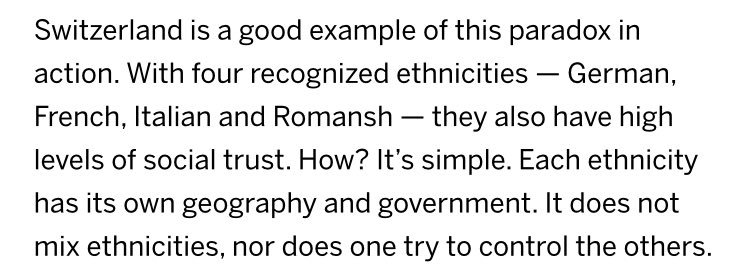"Have you been out with Mr. Durbin watched any videos of him or his flock out fighting the “Culture Wars” in the midst of the mission field? "
heidelblog.net/2018/08/contra…
It's all about a highly-realized eschatology. This is another reason (forgive me Baptists), Baptists are attracted to it.
Finis (I think).




